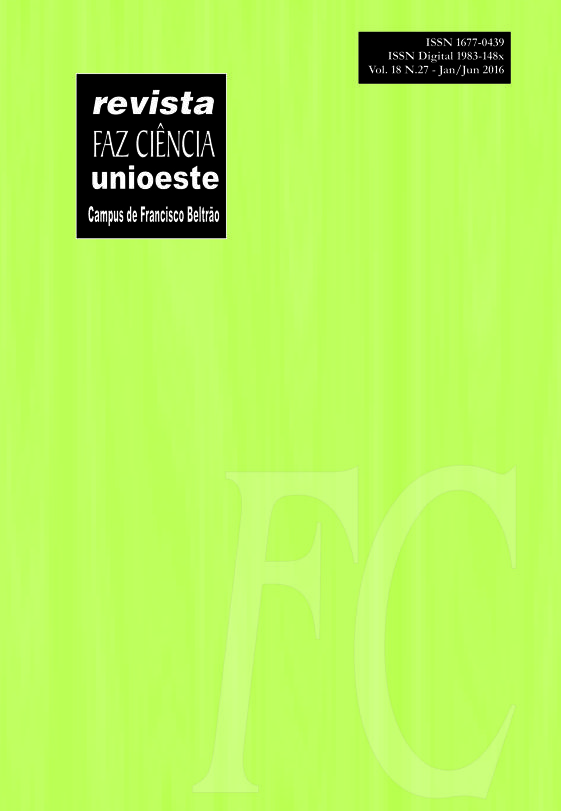JUSTIÇA RESTAURATIVA: UMA ALTERNATIVA A SER APLICADA NO CAMPO DA VITIMOLOGIA
DOI:
https://doi.org/10.48075/rfc.v18i27.14309Palavras-chave:
Vitimologia, Vítima, Direito Penal, Justiça Restaurativa, Justiça Retributiva.Resumo
A cada dia que passa cresce o número de pessoas que se tornam vítimas de inúmeros crimes. Tal contexto é muito triste, pois demonstra a fraqueza da sociedade em que vivemos. O presente estudo pretende demonstrar um pequeno ponto frente a tal contexto. Visa esclarecer, de que forma a vítima é tratada no meio jurídico, em especial, na esfera penal. E isto não aos olhos da sociedade acusadora, ou de nossa justiça falha. A metodologia adotada se deu na modalidade explicativa, por meio de levantamento de literatura, a partir de pesquisa e fichamento de obras bibliográficas. O papel principal deste trabalho é mostrar, principalmente aos olhos da vítima, o que ela vê, sente, e sua opinião frente às experiências de outras pessoas, mas principalmente frente às suas próprias experiências. Por fim, almeja rebater o atual sistema de justiça, qual seja, da Justiça Retributiva, apresentando a Justiça Restaurativa, como forma de mudança em nosso paradigma.
Downloads
Publicado
Como Citar
Edição
Seção
Licença
Aviso de Direito Autoral Creative Commons
Política para Periódicos de Acesso Livre
Autores que publicam nesta revista concordam com os seguintes termos:
1. Autores mantém os direitos autorais e concedem à revista o direito de primeira publicação, com o trabalho simultaneamente licenciado sob a Licença Creative Commons Attribution que permite o compartilhamento do trabalho com reconhecimento da autoria e publicação inicial nesta revista.2. Autores têm autorização para assumir contratos adicionais separadamente, para distribuição não-exclusiva da versão do trabalho publicada nesta revista (ex.: publicar em repositório institucional ou como capítulo de livro), com reconhecimento de autoria e publicação inicial nesta revista.
3. Autores têm permissão e são estimulados a publicar e distribuir seu trabalho online (ex.: em repositórios institucionais ou na sua página pessoal) a qualquer ponto antes ou durante o processo editorial, já que isso pode gerar alterações produtivas, bem como aumentar o impacto e a citação do trabalho publicado (Veja O Efeito do Acesso Livre).
Licença Creative Commons
Esta obra está licenciada com uma Licença Creative Commons Atribuição-NãoComercial-CompartilhaIgual 4.0 Internacional, o que permite compartilhar, copiar, distribuir, exibir, reproduzir, a totalidade ou partes desde que não tenha objetivo comercial e sejam citados os autores e a fonte.


